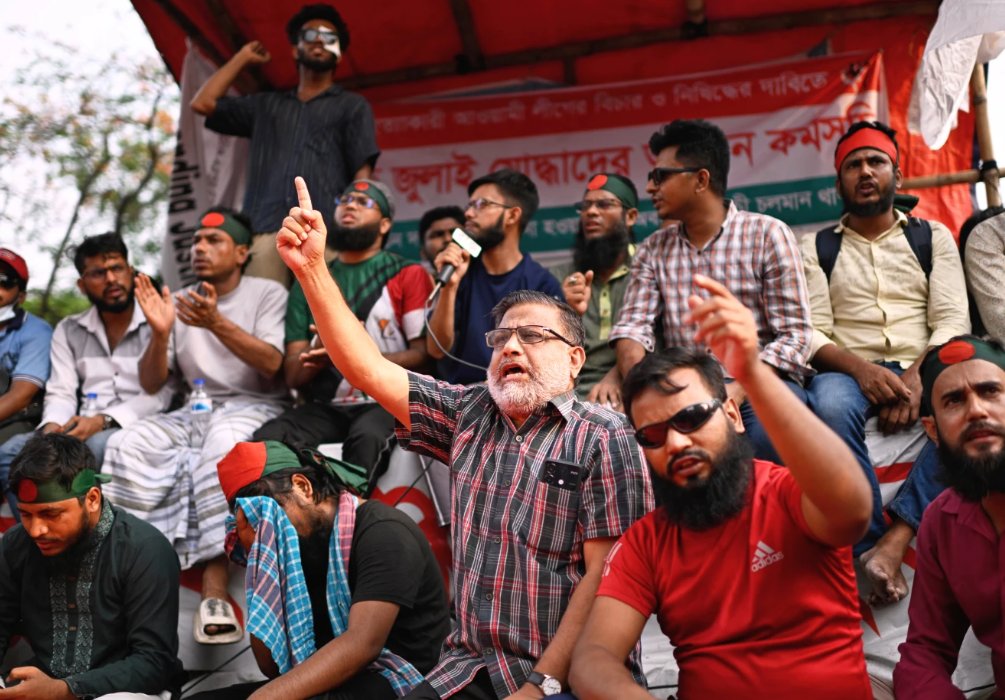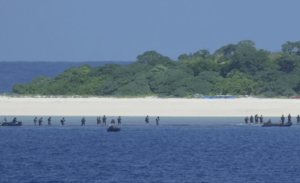Bangladesh’s former ruling party, the Awami League, strongly criticized the interim government on Sunday, accusing it of deepening societal divisions and undermining democratic principles after authorities announced a nationwide ban on all of the party’s activities.
The ban was announced late Saturday by the transitional administration led by Nobel Peace Prize winner Muhammad Yunus, who assumed power following the ouster of former Prime Minister Sheikh Hasina amid a deadly mass uprising. The government invoked the country’s Anti-Terrorism Act to justify banning the Awami League both online and offline.
Law affairs adviser Asif Nazrul explained that the ban will remain in place until a special tribunal completes a trial of the party and its leaders. The charges stem from the deaths of hundreds of students and other protesters during large-scale anti-government demonstrations in July and August of the previous year. He also noted that the International Crimes Tribunal in Dhaka has been authorized to prosecute any political party found responsible for serious offenses.
The Bangladesh Nationalist Party (BNP), the other major political force in the country, had previously resisted calls to outlaw the Awami League. However, BNP senior figure Salahuddin Ahmed welcomed the legal proceedings against the party, describing it as a “delayed but timely” action and aligning with a long-standing demand from his party. His remarks were published in the English-language Daily Star newspaper.
The ban is expected to officially take effect on Monday.
In response, the Awami League posted on social media platform X, criticizing the government’s actions as oppressive and anti-democratic. The party’s statement declared that citizens “no more feel safe under Yunus,” and accused the administration of fostering division, repressing dissent, and weaponizing the trial as a cover for broader political suppression.
The Awami League also condemned recent protests led by a coalition of students, Islamist factions, and a newly formed political party, which had collectively demanded the party’s ban. It labeled the demonstrations as “state-sponsored” and politically motivated.
Thousands of demonstrators had issued an ultimatum to the government, demanding the Awami League be banned by Saturday night. Sheikh Hasina, who has been in exile in India since August 5, along with several senior members of her party, now faces accusations of involvement in the killings of protesters during the final weeks of her administration.
In February, the United Nations human rights office estimated that as many as 1,400 people may have been killed during the three-week-long anti-Hasina protests. The UN report urged Bangladesh to avoid banning political parties in order to preserve the prospects of a functioning multi-party democracy and to ensure the political inclusion of all major segments of the electorate.
With the student-led uprising bringing an end to Hasina’s 15-year rule, the country now stands at a political crossroads.
The BNP has called for national elections in December and is pressuring the interim government for a definitive electoral roadmap. While officials have indicated that the vote could take place either in December or by June of next year, the timing depends on the pace and extent of reforms currently underway.













